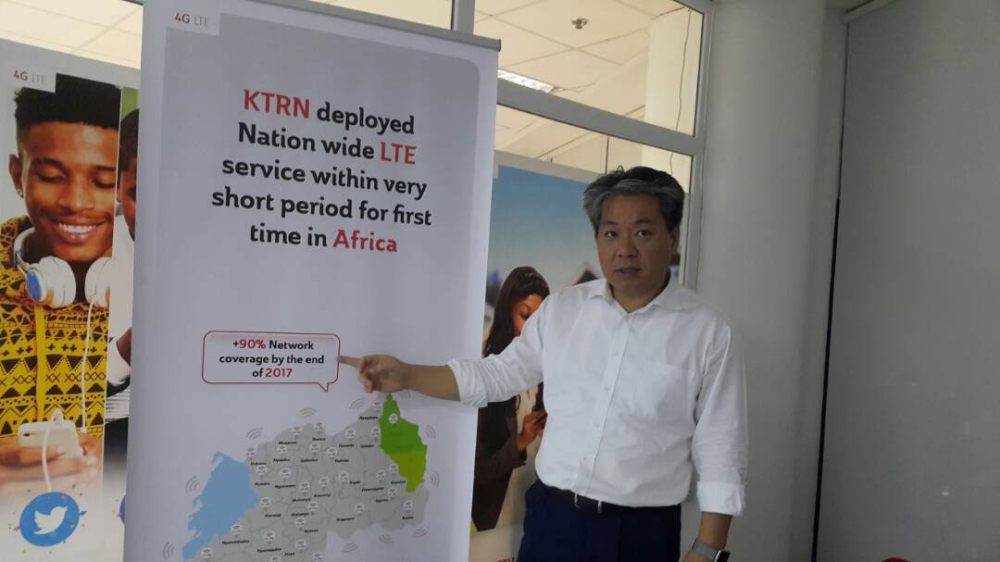

The government through the Ministry of ICT and Innovation has recently announced it would put an end to a monopoly enjoyed by Korea Telecom Rwanda Networks (KTRN) to distribute high speed internet.
The firm had enjoyed this monopoly for the last 10 years as part of a 25-year deal signed with the government of Rwanda in 2013.
Through the deal, the company, which is a joint venture between the government and Korea Telecom, a Korean firm, was to become the sole wholesaler of 4G internet technology in the country.
As part of the deal, Korea Telecom would offer its expertise and make a cash injection of around $140 million while the government contributed infrastructure.
This however only led to the high cost of fast internet for the end user, hence slowing the uptake, yet government had invested heavily in the national broadband infrastructure.
While Rwandans have enjoyed the expertise that the firm has brought into the internet distribution space, it was important that the agreement is reviewed to allow for more Rwandans to access high speed internet cheaply and everywhere.
As it is today, many Rwandans still rely on agents to conduct basic transactions like accessing government services through the Irembo platform, partly because of low uptake of high speed internet, especially in rural areas.
It would therefore be counterproductive if people have to still make trips to meet these agents whom they still have to pay for services they would have easily requisitioned from the comfort of their homes.
With campaigns like Connect Rwanda, which seeks to deepen the penetration of smartphones in the country, it is imperative that the internet is made cheaper to ensure it achieves the desired results.
This should be followed by a countrywide awareness on the use of Irembo services such that people can learn to transact by themselves without having to go through an agent.


